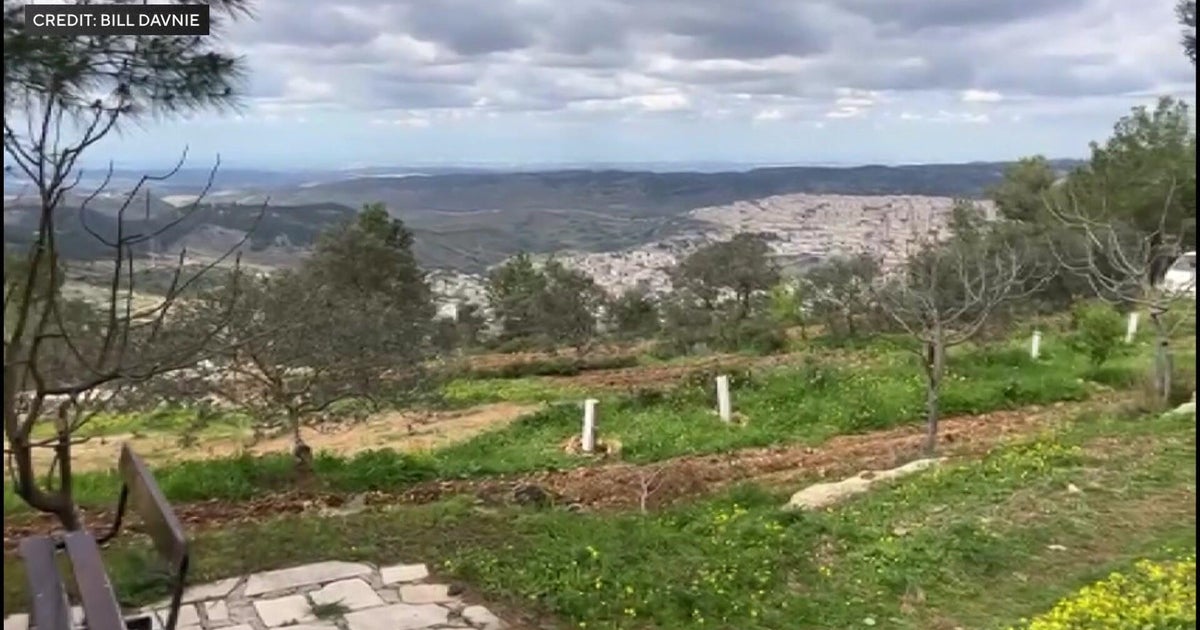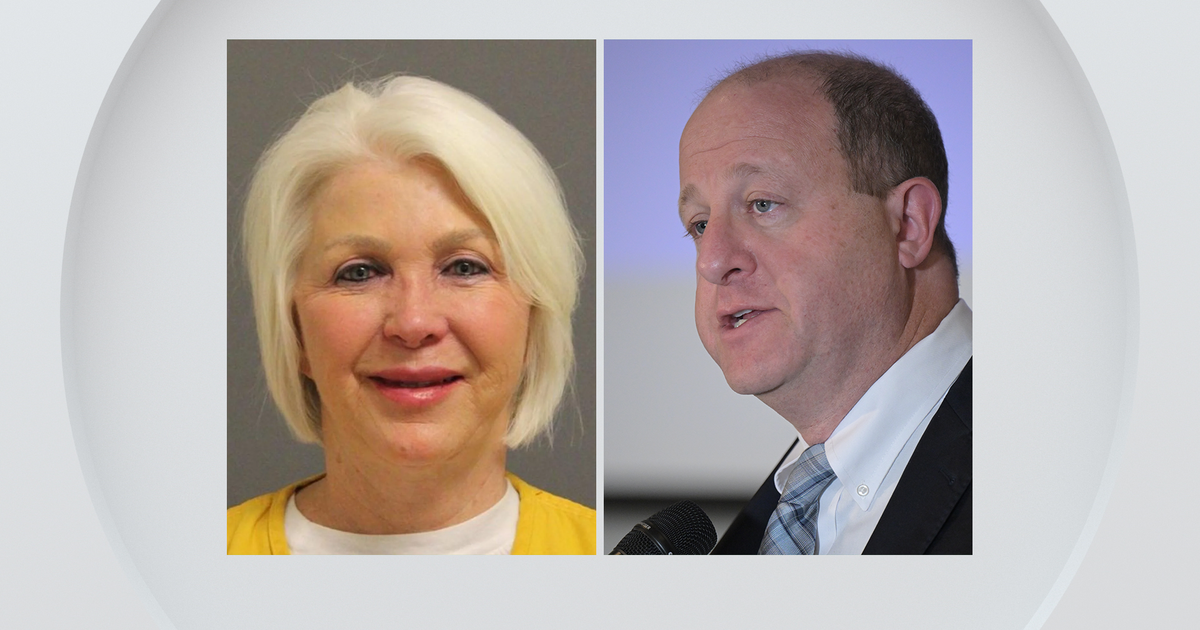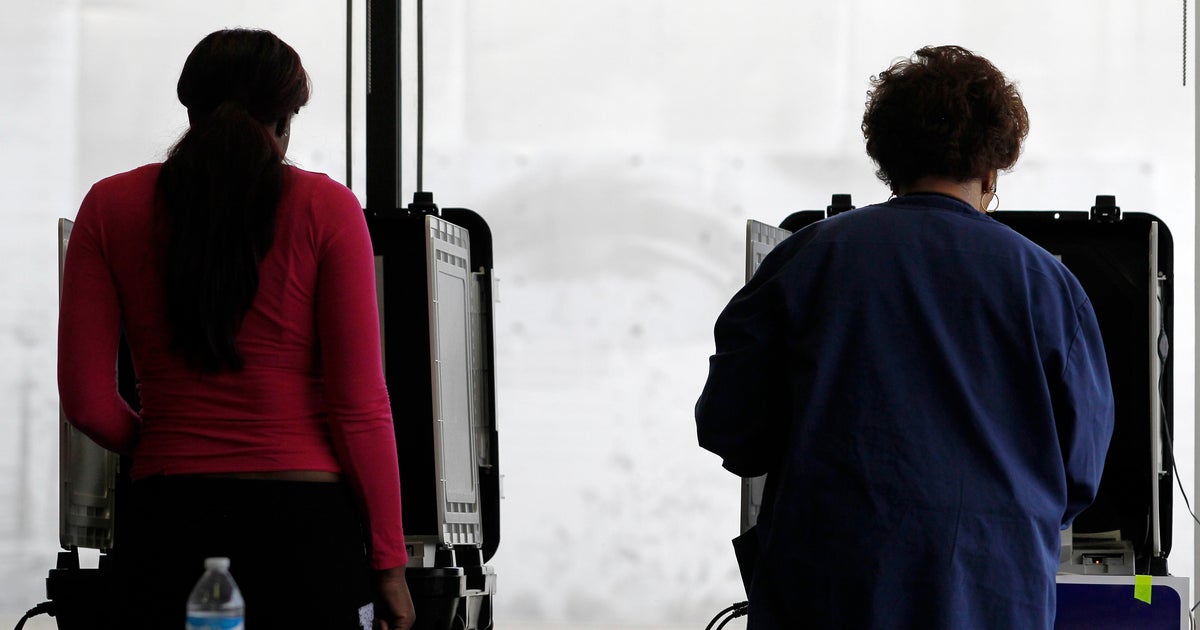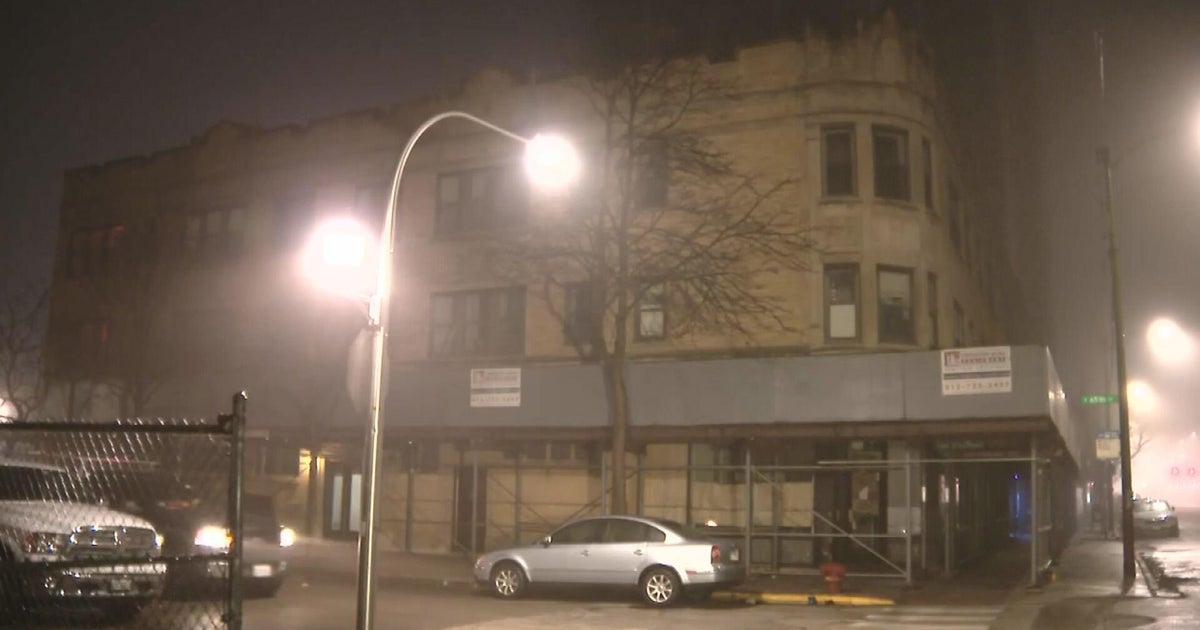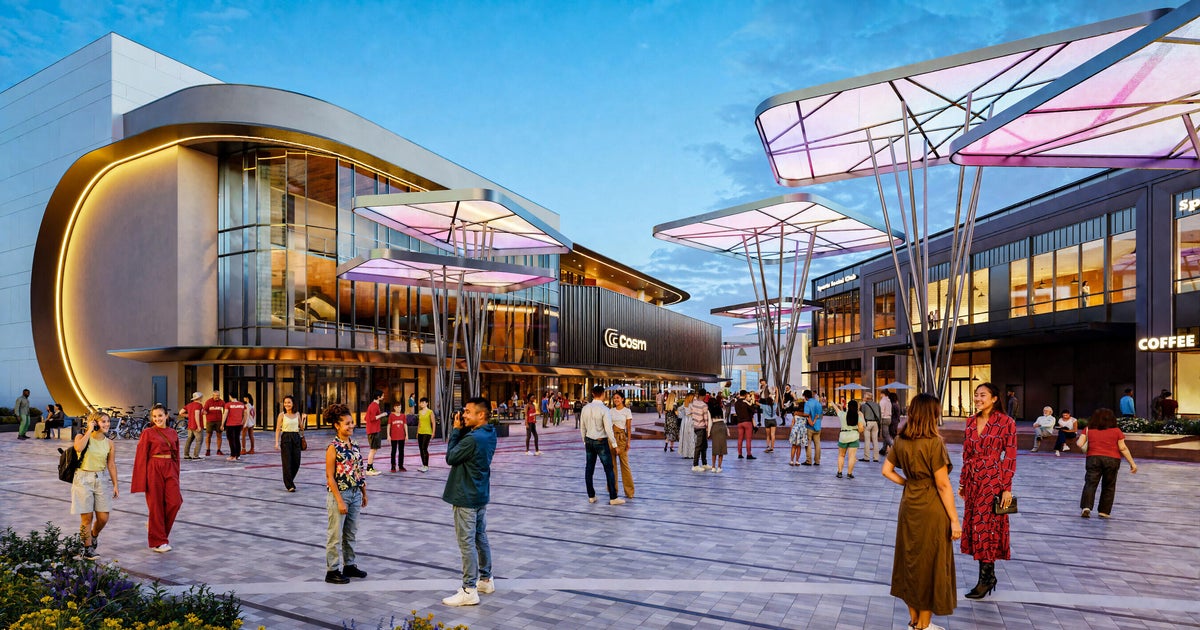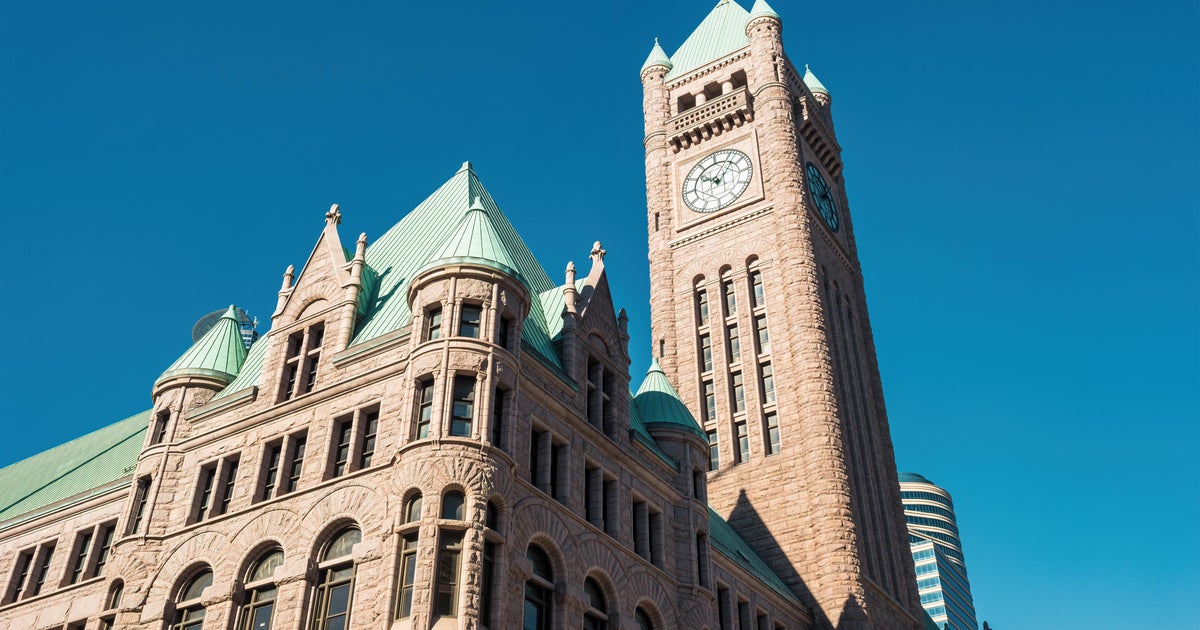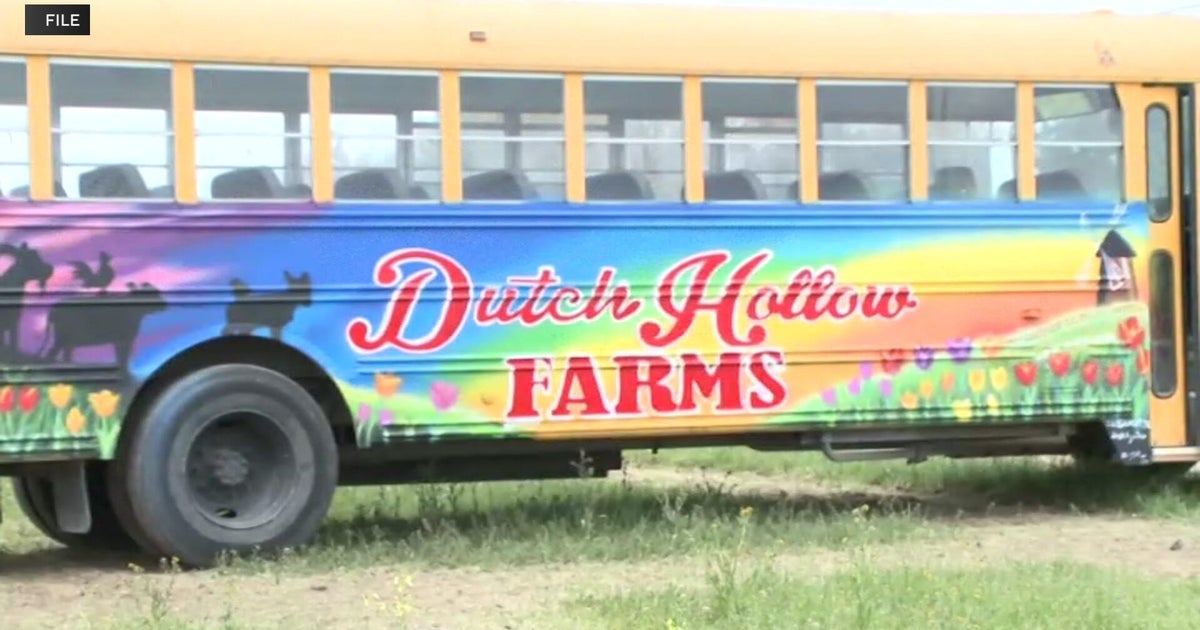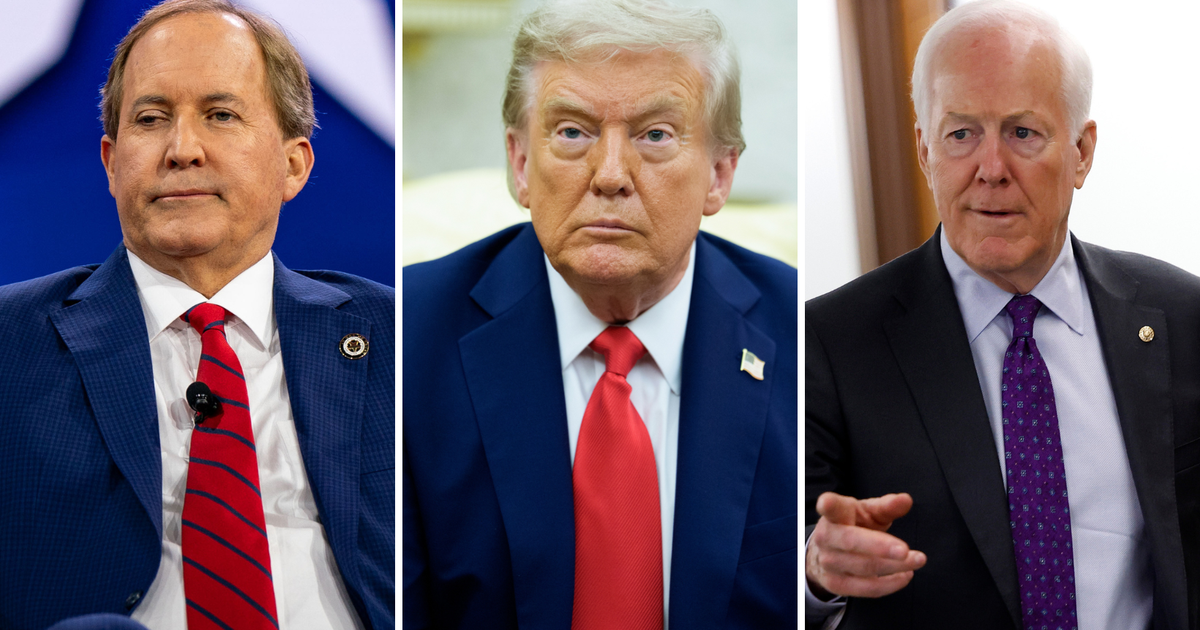Good Question: Why Do Presidential Candidates Announce So Early?
MINNEAPOLIS (WCCO) -- On Tuesday morning, Jeb Bush announced on Facebook that he would "actively explore the possibility of running for President."
With 692 days until the 2016 race, he's the first potential candidate to officially say he or she is thinking about running, even though there has been speculation about several others over the past year.
So, why do candidates announce so early?
"The harsh reality? It makes sense," said Larry Jacobs, a political science professor at the Humphrey School of Public Affairs. "It just takes so much time to put together these campaigns."
The National Journal reviewed media coverage of presidential campaigns over the past two decades. It found two years before the race, there were already nine public opinion polls conducted for the 2016 election.
For 2008, it was seven. For 2000, there were six polls. For the 1992 race, there were just two.
"I think the news cycle is different," said Acooa Ellis of St. Paul. "And campaign finance laws were different."
Jacobs says candidates now feel like they need more time to raise money for more television ads, research, polls and statewide campaigns.
With more relaxed campaign finance laws on the books, experts now say candidates must raise $75 million just to compete in the primaries. That's $175,000 a day for a little over a year.
There's also more of a race to lock down the best staff, including managers, pollsters and fundraisers early on.
Jacobs says candidates also have to be strategic about their timing because jumping in earlier might discourage other candidates from entering altogether.
"You want the money, you want the top talent, you have to get in there make your claim because if you're not claiming the top talent and money, someone else is probably going to do it," Jacobs said.
When asked about early campaigns, several people pointed to the ever-changing media landscape. With the advent of mediums like cable news, blogs and social media, there are more places to talk about campaigns.
And finally, Jacobs says the parties are just less cohesive compared to generations ago.
"There was a sense of order. You take your turn," he said. "Now, it's just a mad. Think of it like summer camp opening the doors and everyone running in to take a seat."
If you would like to submit at Good Question, click here.
